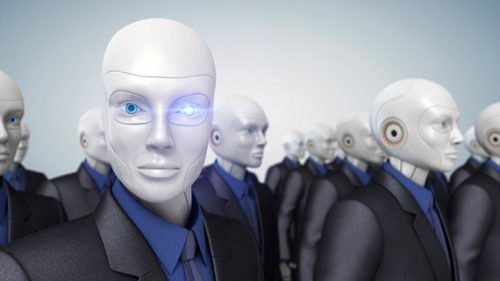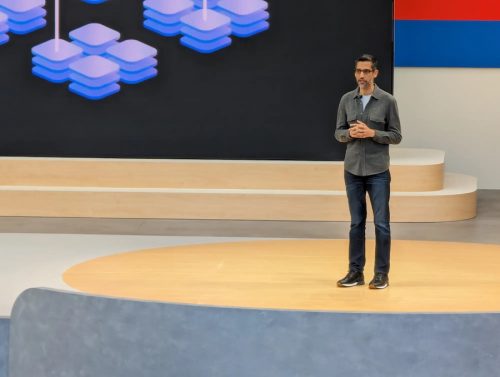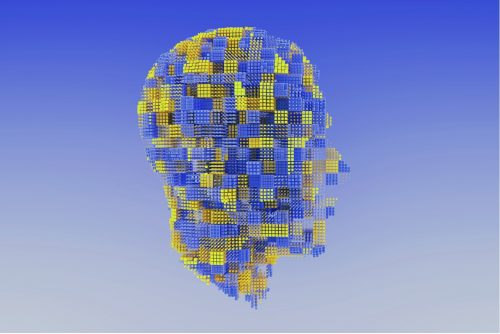As development proceeds, robots or ems—one way or another—will make great changes to human society.

While people and policy makes are worry about job displacement as a result of technological advancement, a new report argues that the jobs displacement rate will likely remain constant in the near future. At the same time, decades and centuries down the road, robots may slowly gain control over humans.
Any divisions made by human such as territories, cities, regions will likely not change going forward, as robots will simply fit in the existing environment. On the contrary, there would be huge changes in the society of robots. The structure of a future robot society depends on how machines evolve over the ages from where they are today. Future robots might possibly be much similar to the models that human have been building recently. All the same, future society could be full of completely different kinds of robots that do not exist at the moment. For instance, with robotic types called brain emulations, the will be different trends in future social structure.
A brain emulation, as known as uploads or ems, is made by taking a particular human brain, scanning to record cell features and connections, and then building a computer model that processes signals according to those features and connections. The three basic technologies required to build ems (computing, scanning, cell modelling) have been developed for centuries and are ready to be applied. Ems can learn, have friends, lovers, bosses and colleagues just like human.
There are two possible scenarios for a future robot society: one consists of robots similar to those today, while the other is filled with brain emulations. One key questions imposed by experts is “How might one try to influence such a robot future?”
The aforementioned case introduced some possible ways to control the future of robot society. One can accumulate resources and entrust them to appropriate organizations in order to gain power to promote large-scale political institutions. Another way is to influence the future via our choices today of structures in computer-intensive parts of society.
The situation in the latter case differs from that of the former, because each emulation is produced from a particular human brain. This allows humans to expect great influence over the individual ems. Moreover, because ems are copies of humans, they will be better fit in the preexisting social structure and characteristics created by human. However, a future in which traditional robots exist instead of ems is more desirable as it would potentially involve less conflict than an em-based society, and will possibly cause enormous changes to prior human arrangements in society.
There are a lot of benefits as well as risks involved in AI. It is difficult to anticipate at this moment how AI development can unfold, but we can lower foreseeable risks. By considering and developing ethical frameworks and standards such as the AIWS Initiative of MDI, we lower the chance of robots gaining control of humans.










